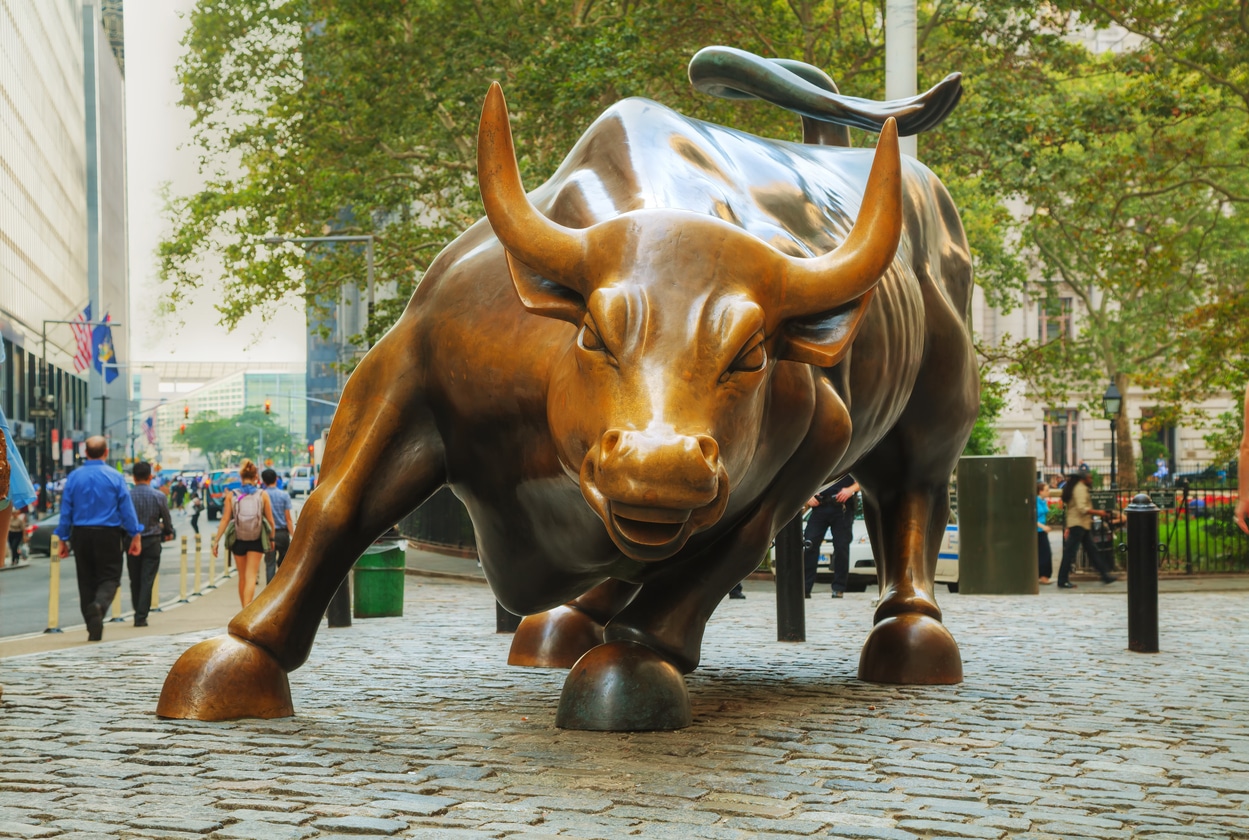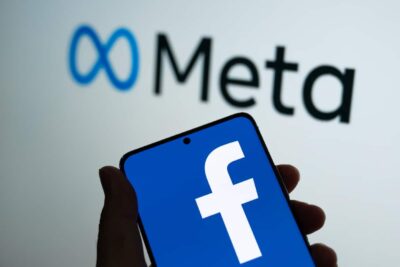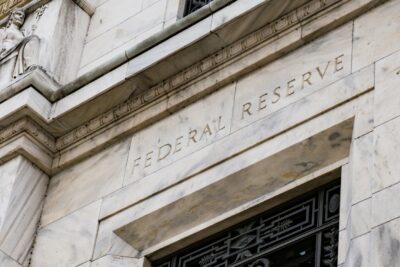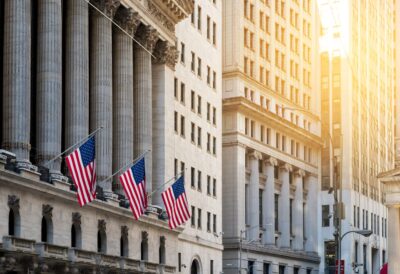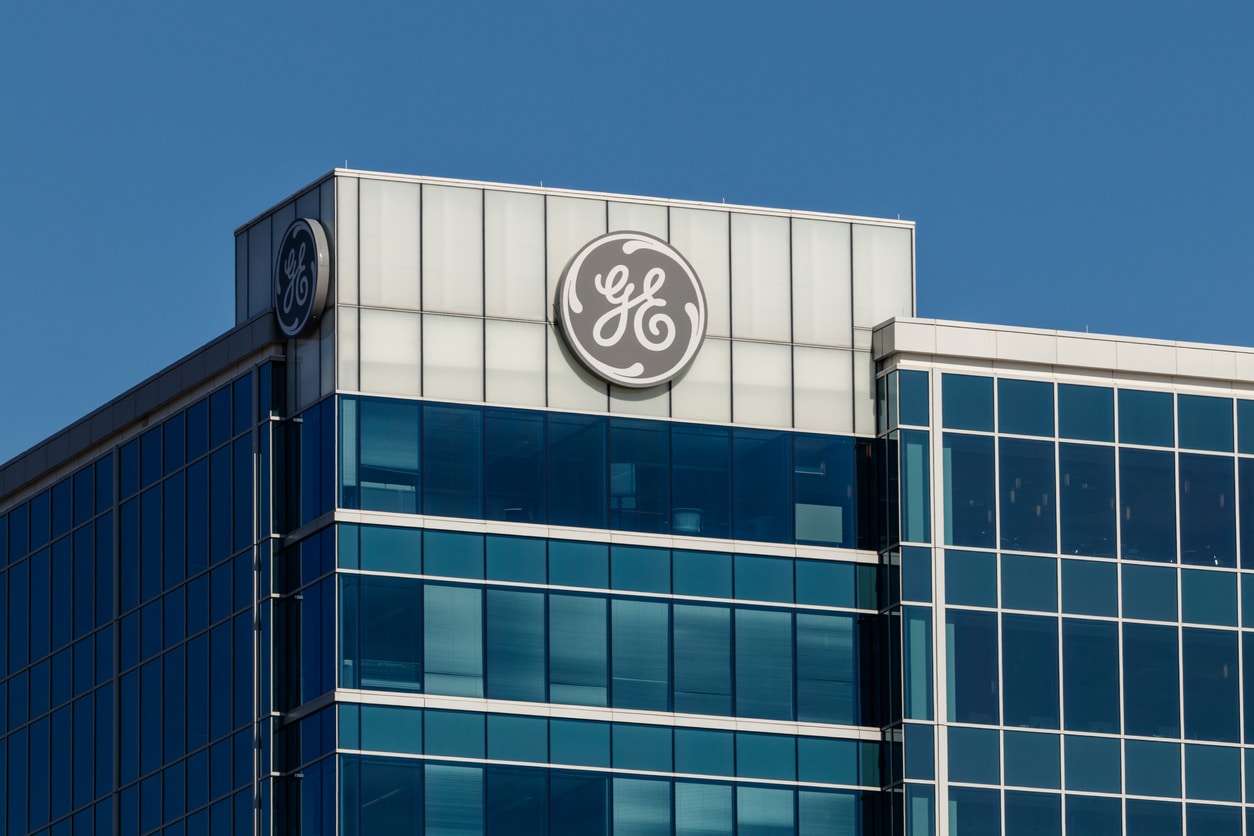Finance
-
Hedge Funds Are Getting Stiff-Armed in a Renewed Quest for Cash

Image Credit: iStock Images, Andrey Krav.
Get More Than News. Get Insights.
Our daily email brings you smart and engaging news and analysis on the biggest stories in business and finance. For free.
-
A Global Bug Killing Giant Just Formed for $6.7 Billion

Image Credit: Rentokil
-
Whiteboard App Miro Thinks It’s Worth $17 Billion — VCs Think It’s Worth More

Image Credit: iStock Images, dusanpetkovic
-
GE’s Appliance Castoff is Doing Way Better After Being Sold Off

Image Credit: iStock, jetcityimage
